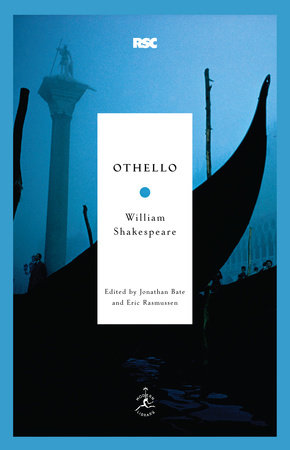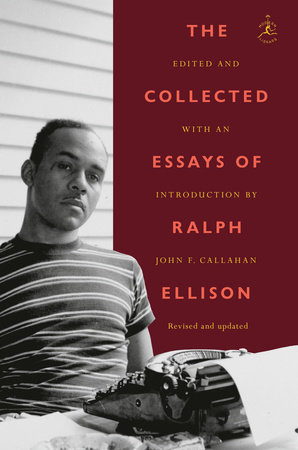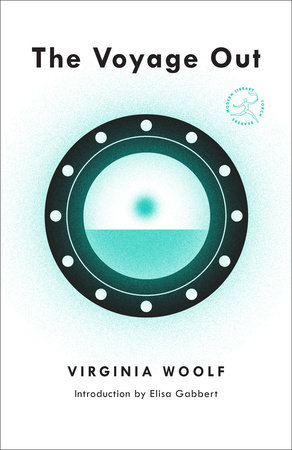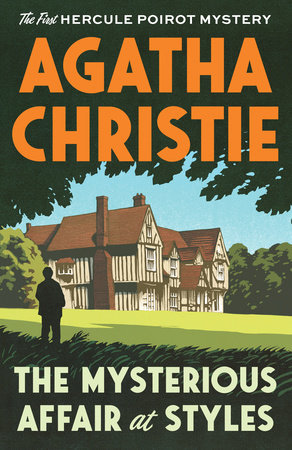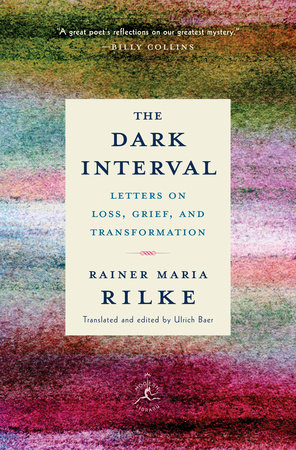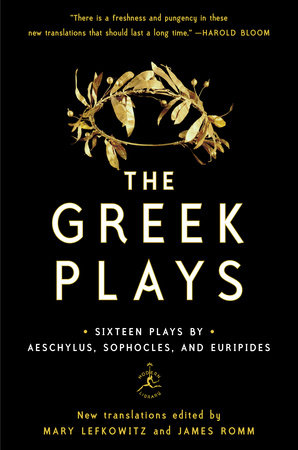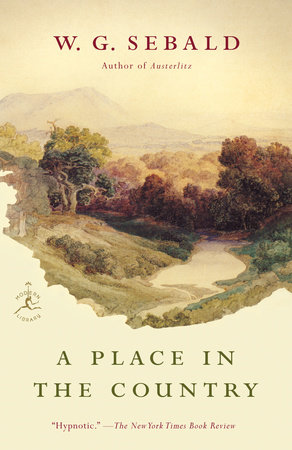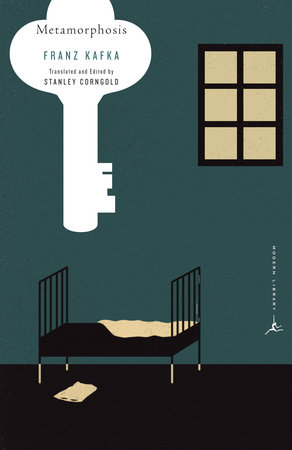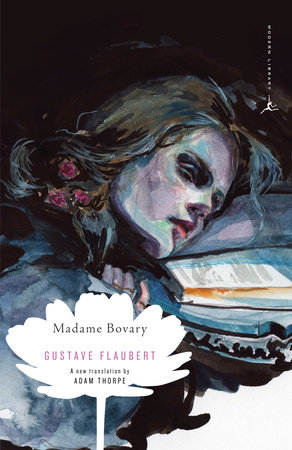Excerpt
Othello
Chapter 1
Act 1 Scene 1 running scene 1
Enter Rodorigo and Iago
RODORIGO Never tell me! I take it much unkindly
That thou, Iago, who hast had my purse
As if the strings were thine, shouldst know of this.
IAGO But you'll not hear me: if ever I did dream
Of such a matter, abhor me.
RODORIGO Thou told'st me
Thou didst hold him in thy hate.
IAGO Despise me
If I do not. Three great ones of the city,
In personal suit to make me his lieutenant,
Off-capped to him, and by the faith of man,
I know my price, I am worth no worse a place:
But he, as loving his own pride and purposes,
Evades them with a bombast circumstance
Horribly stuffed with epithets of war,
Nonsuits my mediators. For 'Certes', says he,
'I have already chose my officer.'
And what was he?
Forsooth, a great arithmetician,
One Michael Cassio, a Florentine -
A fellow almost damned in a fair wife -
That never set a squadron in the field
Nor the division of a battle knows
More than a spinster, unless the bookish theoric,
Wherein the toga'd consuls can propose
As masterly as he. Mere prattle without practice
Is all his soldiership. But he, sir, had th'election;
And I - of whom his eyes had seen the proof
At Rhodes, at Cyprus and on others' grounds,
Christened and heathen - must be beleed and calmed
By debitor and creditor: this counter-caster,
He - in good time - must his lieutenant be,
And I - bless the mark! - his Moorship's ancient.
RODORIGO By heaven, I rather would have been his hangman.
IAGO Why, there's no remedy: 'tis the curse of service;
Preferment goes by letter and affection,
And not by old gradation, where each second
Stood heir to th'first. Now, sir, be judge yourself
Whether I in any just term am affined
To love the Moor.
RODORIGO I would not follow him then.
IAGO O, sir, content you:
I follow him to serve my turn upon him.
We cannot all be masters, nor all masters
Cannot be truly followed. You shall mark
Many a duteous and knee-crooking knave
That - doting on his own obsequious bondage -
Wears out his time, much like his master's ass,
For nought but provender, and when he's old, cashiered:
Whip me such honest knaves. Others there are
Who, trimmed in forms and visages of duty,
Keep yet their hearts attending on themselves,
And throwing but shows of service on their lords,
Do well thrive by them,
And when they have lined their coats
Do themselves homage: these fellows have some soul,
And such a one do I profess myself. For, sir,
It is as sure as you are Rodorigo,
Were I the Moor, I would not be Iago:
In following him, I follow but myself.
Heaven is my judge, not I for love and duty,
But seeming so, for my peculiar end,
For when my outward action doth demonstrate
The native act and figure of my heart
In compliment extern, 'tis not long after
But I will wear my heart upon my sleeve
For daws to peck at: I am not what I am.
RODORIGO What a full fortune does the thick-lips owe
If he can carry't thus!
IAGO Call up her father:
Rouse him, make after him, poison his delight,
Proclaim him in the streets, incense her kinsmen,
And though he in a fertile climate dwell,
Plague him with flies: though that his joy be joy,
Yet throw such chances of vexation on't
As it may lose some colour.
RODORIGO Here is her father's house, I'll call aloud.
IAGO Do, with like timorous accent and dire yell
As when, by night and negligence, the fire
Is spied in populous cities.
RODORIGO What, ho, Brabantio! Signior Brabantio, ho!
IAGO Awake! What, ho! Brabantio, thieves, thieves!
Look to your house, your daughter and your bags!
Thieves, thieves!
BRABANTIO What is the reason of this Above At a window
terrible summons?
What is the matter there?
RODORIGO Signior, is all your family within?
IAGO Are your doors locked?
BRABANTIO Why? Wherefore ask you this?
IAGO Sir, you're robbed. For shame, put on your gown!
Your heart is burst, you have lost half your soul:
Even now, now, very now, an old black ram
Is tupping your white ewe. Arise, arise!
Awake the snorting citizens with the bell,
Or else the devil will make a grandsire of you.
Arise, I say!
BRABANTIO What, have you lost your wits?
RODORIGO Most reverend signior, do you know my voice?
BRABANTIO Not I: what are you?
RODORIGO My name is Rodorigo.
BRABANTIO The worser welcome.
I have charged thee not to haunt about my doors:
In honest plainness thou hast heard me say
My daughter is not for thee: and now in madness -
Being full of supper and distemp'ring draughts -
Upon malicious knavery dost thou come
To start my quiet.
RODORIGO Sir, sir, sir-
BRABANTIO But thou must needs be sure
My spirits and my place have in their power
To make this bitter to thee.
RODORIGO Patience, good sir.
BRABANTIO What tell'st thou me of robbing?
This is Venice: my house is not a grange.
RODORIGO Most grave Brabantio,
In simple and pure soul I come to you.
IAGO Sir, you are one of those that will not serve God if the devil bid you. Because we come to do you service and you think we are ruffians, you'll have your daughter covered with a Barbary horse: you'll have your nephews neigh to you: you'll have coursers for cousins and jennets for germans.
BRABANTIO What profane wretch art thou?
IAGO I am one, sir, that comes to tell you your daughter and the Moor are making the beast with two backs.
BRABANTIO Thou art a villain.
IAGO You are a senator.
BRABANTIO This thou shalt answer. I know thee, Rodorigo.
RODORIGO Sir, I will answer anything. But I beseech you
If't be your pleasure and most wise consent -
As partly I find it is - that your fair daughter,
At this odd-even and dull watch o'th'night,
Transported with no worse nor better guard
But with a knave of common hire, a gondolier,
To the gross clasps of a lascivious Moor:
If this be known to you and your allowance
We then have done you bold and saucy wrongs:
But if you know not this, my manners tell me
We have your wrong rebuke. Do not believe
That, from the sense of all civility,
I thus would play and trifle with your reverence.
Your daughter - if you have not given her leave -
I say again, hath made a gross revolt,
Tying her duty, beauty, wit and fortunes
In an extravagant and wheeling stranger
Of here and everywhere. Straight satisfy yourself:
If she be in her chamber or your house,
Let loose on me the justice of the state
For thus deluding you.
BRABANTIO Strike on the tinder, ho!
Give me a taper! Call up all my people!
This accident is not unlike my dream:
Belief of it oppresses me already.
Light, I say, light! Exit [above]
IAGO Farewell, for I must leave you:
It seems not meet nor wholesome to my place
To be producted - as, if I stay, I shall -
Against the Moor, for I do know the state,
However this may gall him with some check,
Cannot with safety cast him, for he's embarked
With such loud reason to the Cyprus wars,
Which even now stands in act, that, for their souls,
Another of his fathom they have none,
To lead their business: in which regard,
Though I do hate him as I do hell-pains.
Yet for necessity of present life
I must show out a flag and sign of love,
Which is indeed but sign. That you shall surely find him,
Lead to the Sagittary the raisèd search,
And there will I be with him. So farewell. Exit
Enter Brabantio with Servants and torches
BRABANTIO It is too true an evil: gone she is,
And what's to come of my despisèd time
Is nought but bitterness. Now, Rodorigo,
Where didst thou see her?- O, unhappy girl!-
With the Moor, say'st thou?- Who would be a father?-
How didst thou know 'twas she?- O, she deceives me
Past thought!- What said she to you?- Get more tapers:
Raise all my kindred.- Are they married, think you?
RODORIGO Truly, I think they are.
BRABANTIO O heaven! How got she out? O treason of the blood!
Fathers, from hence trust not your daughters' minds
By what you see them act. Is there not charms
By which the property of youth and maidhood
May be abused? Have you not read, Rodorigo,
Of some such thing?
RODORIGO Yes, sir, I have indeed.
BRABANTIO Call up my brother.- O, would you had had her!-
Some one way, some another.- Do you know To Rodorigo
Where we may apprehend her and the Moor?
RODORIGO I think I can discover him, if you please
To get good guard and go along with me.
BRABANTIO Pray you lead on. At every house I'll call:
I may command at most.- Get weapons, ho!
And raise some special officers of might.-
On, good Rodorigo: I will deserve your pains. Exeunt


